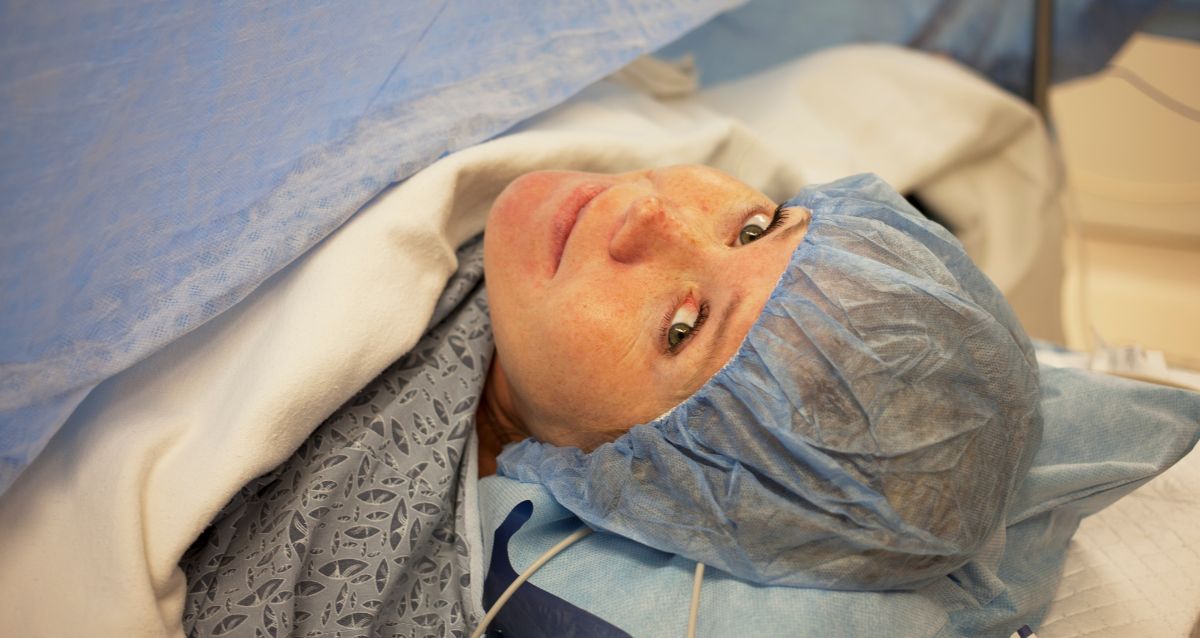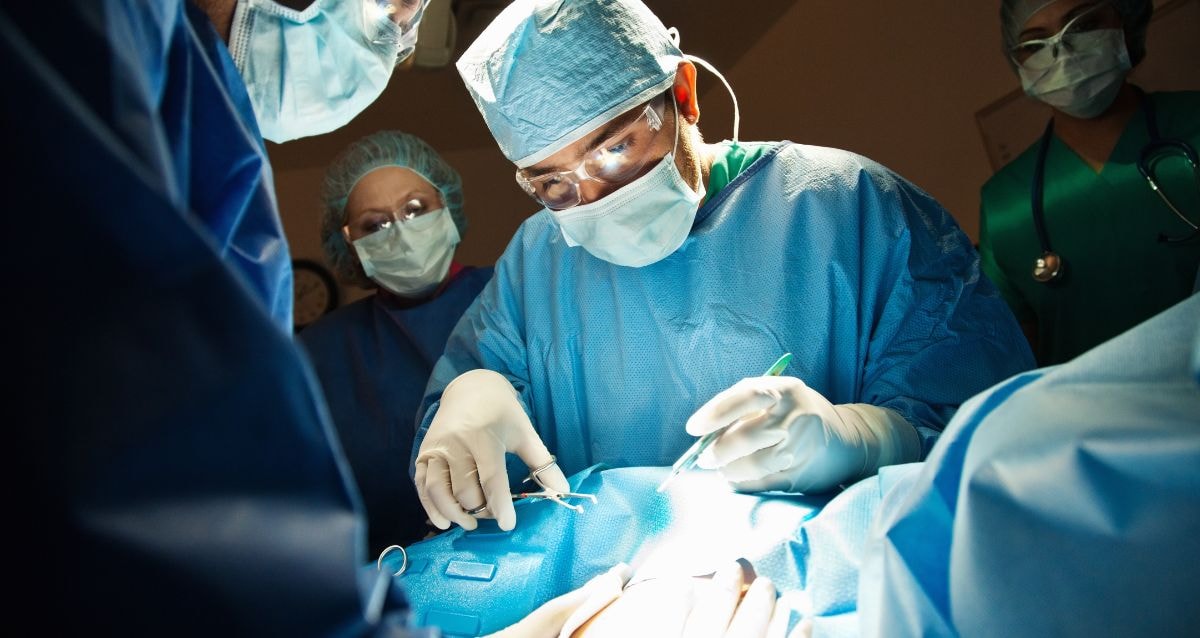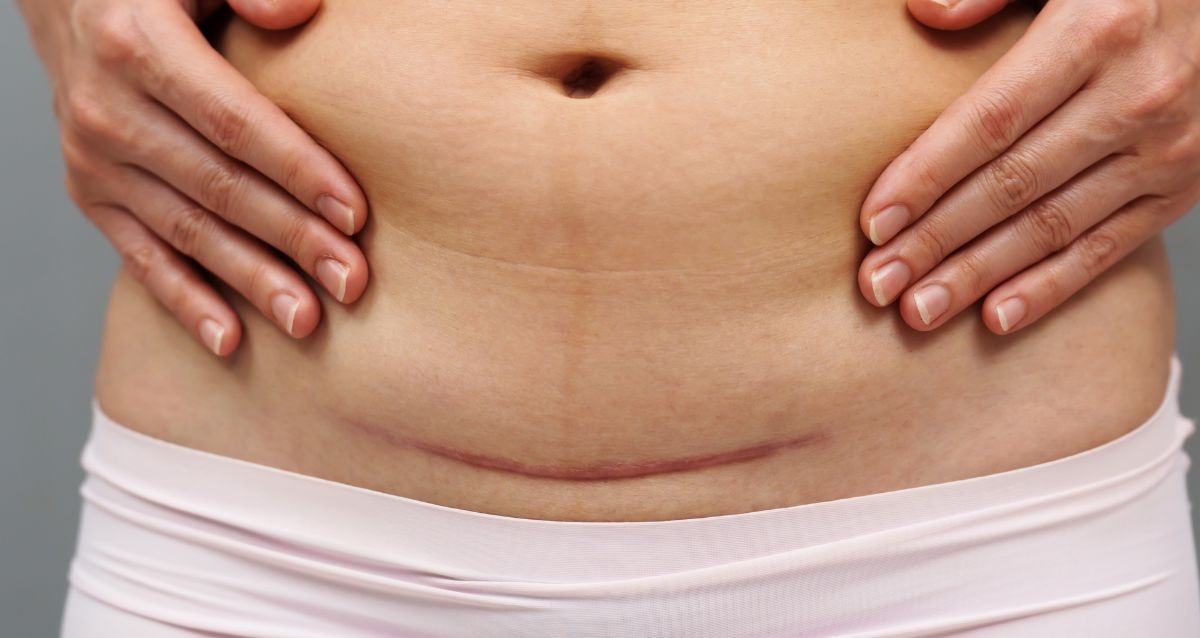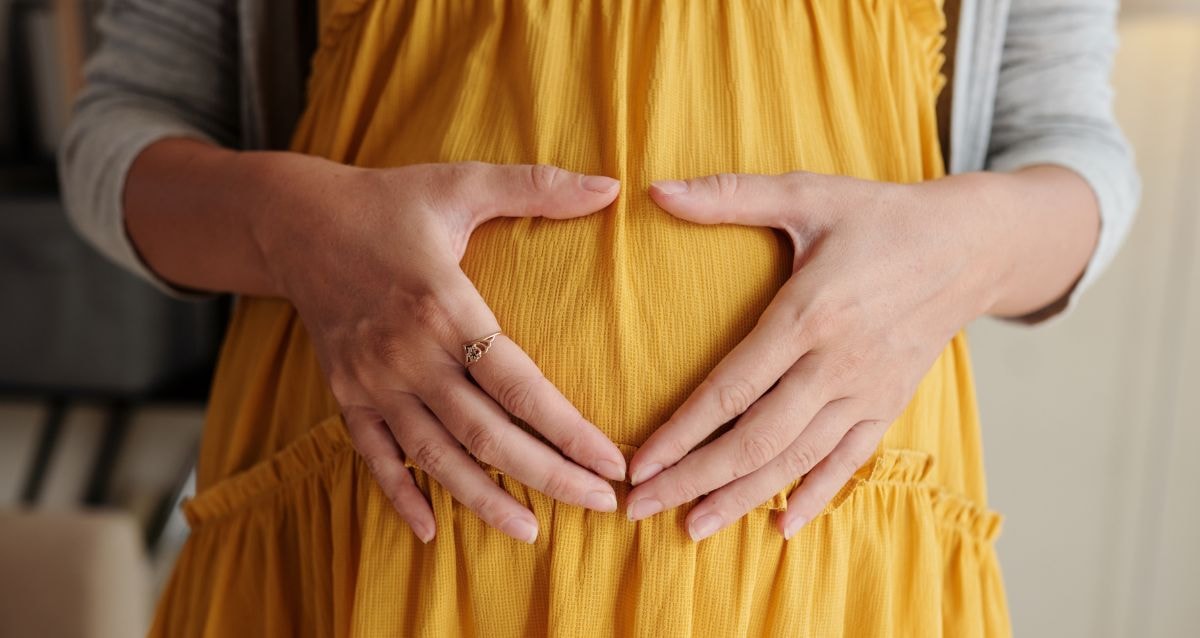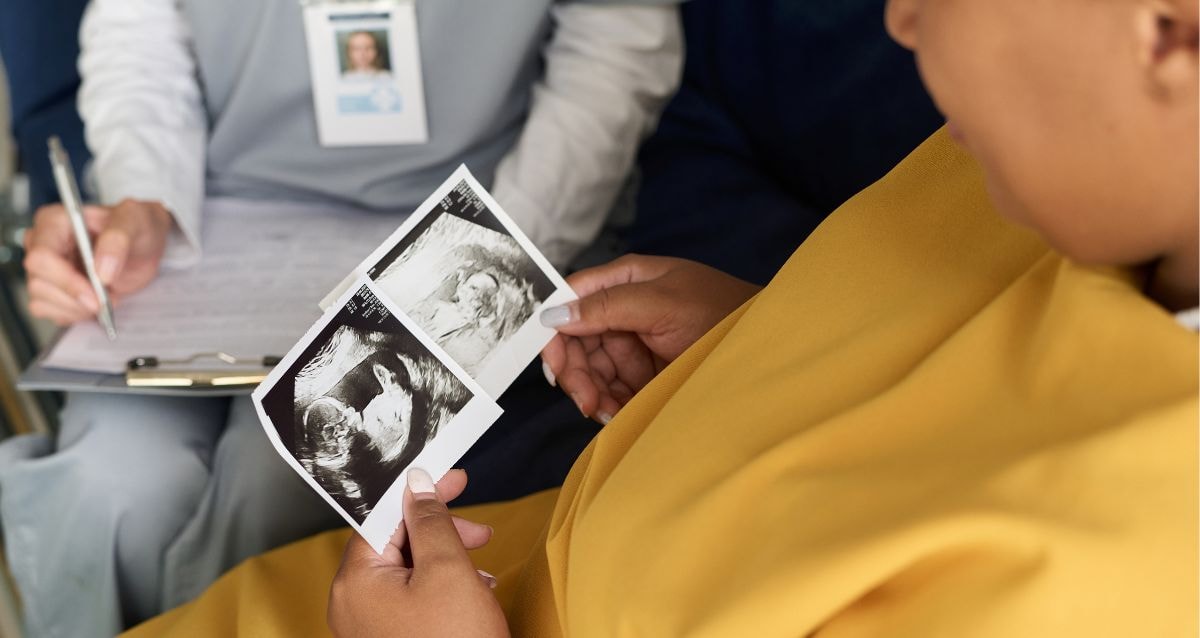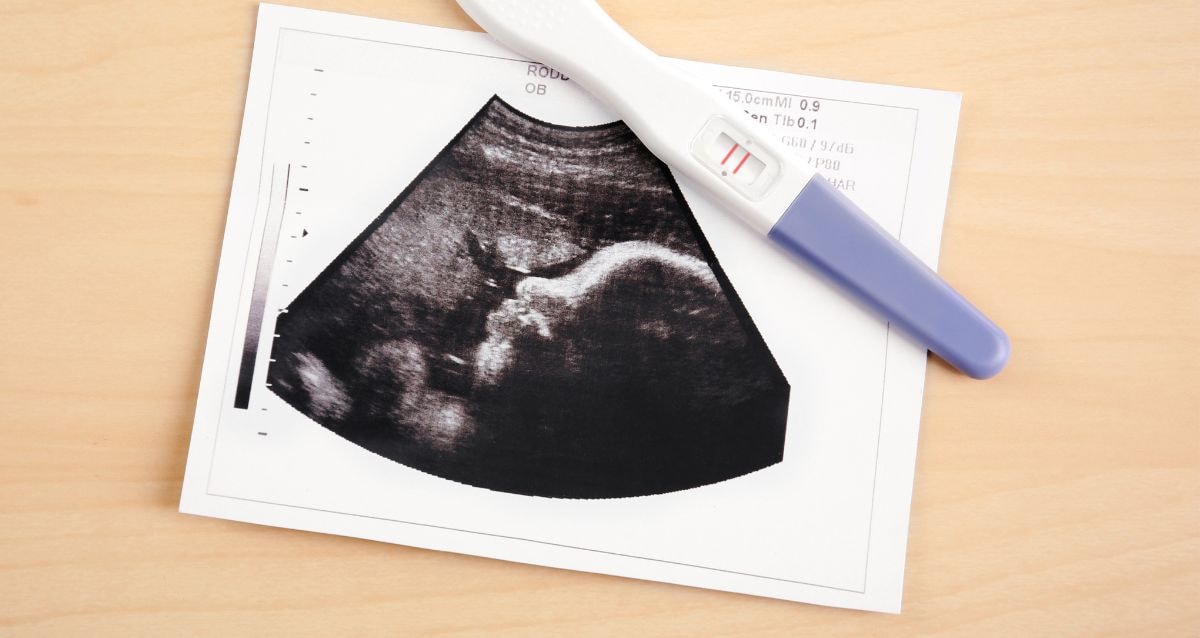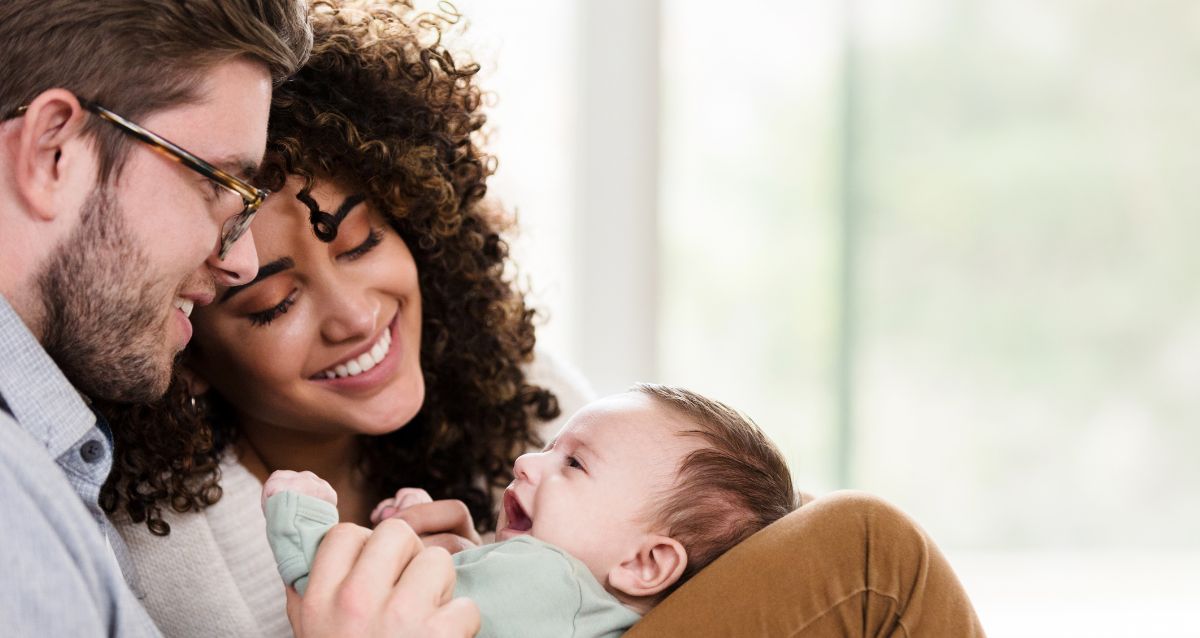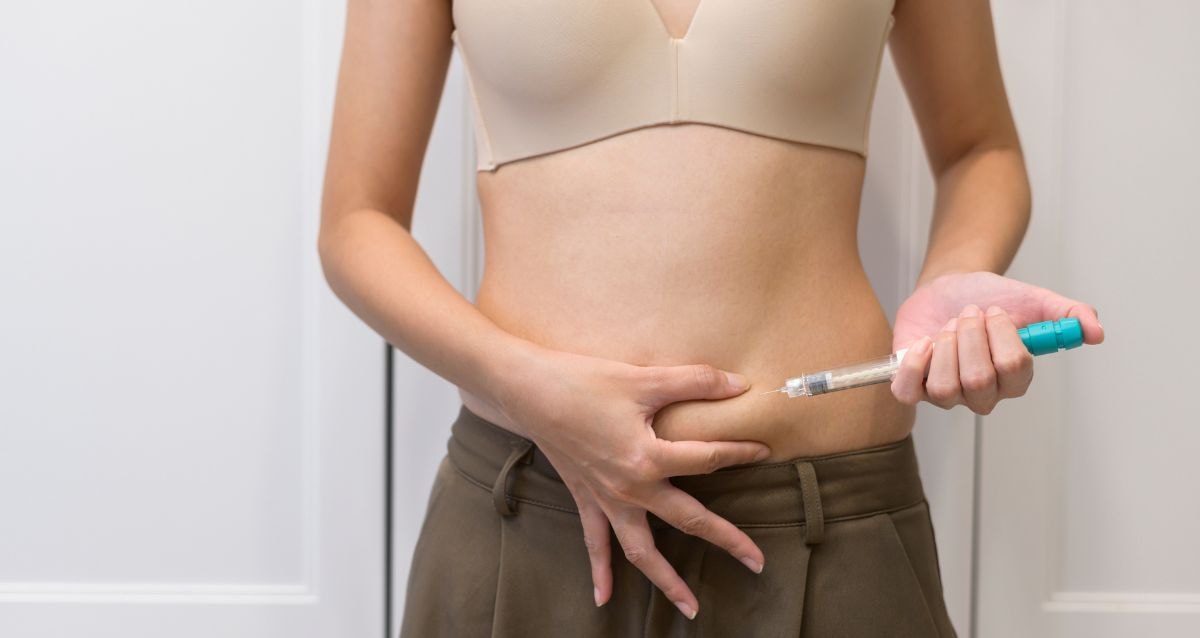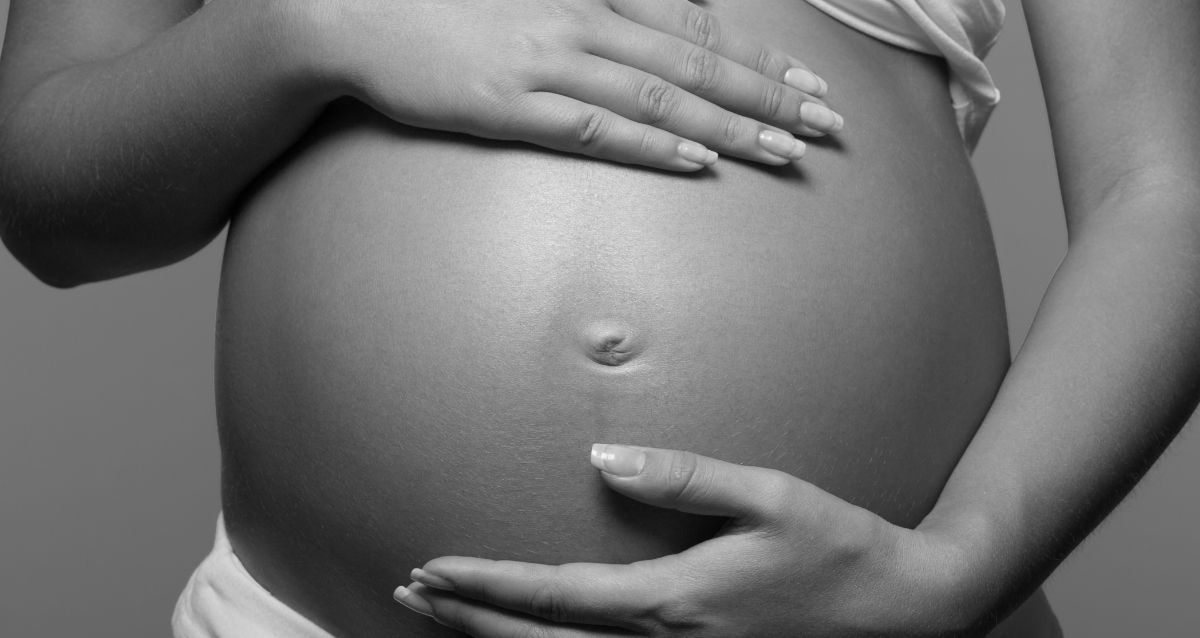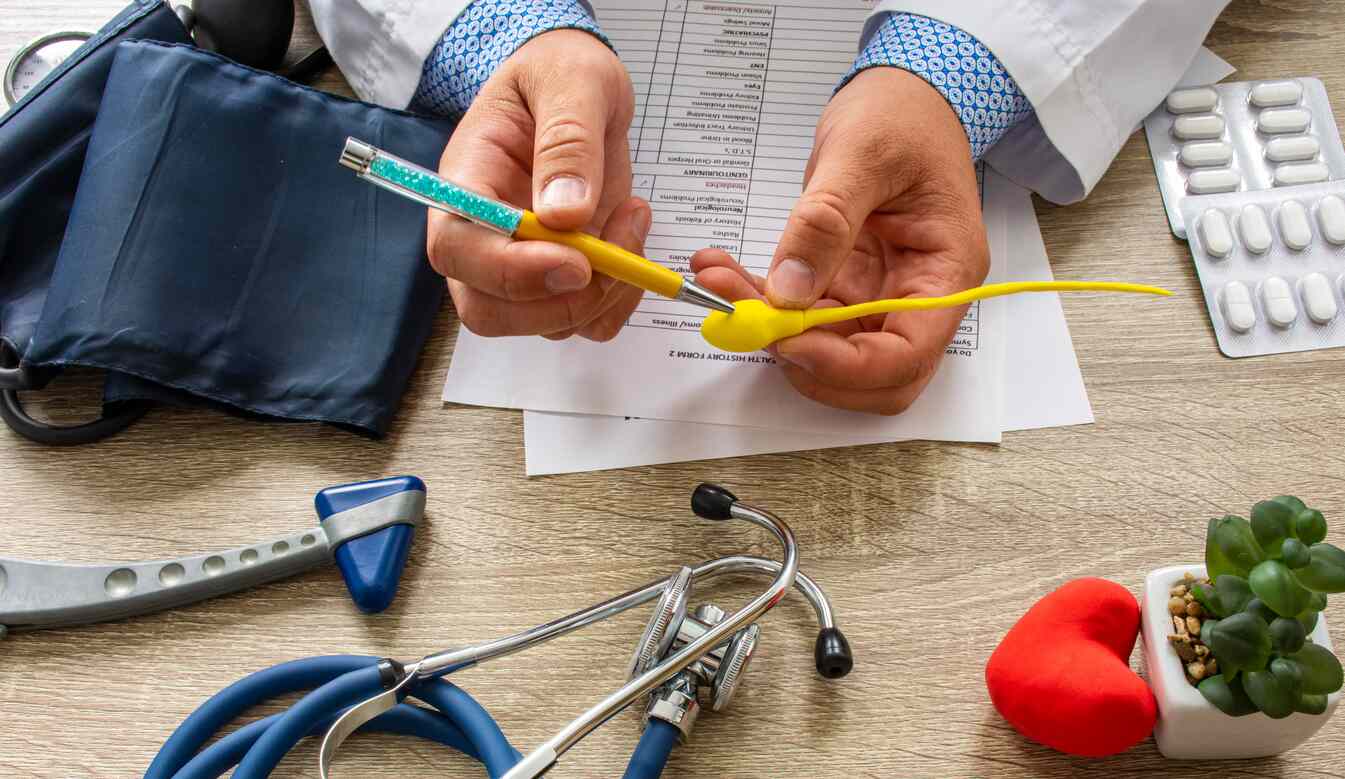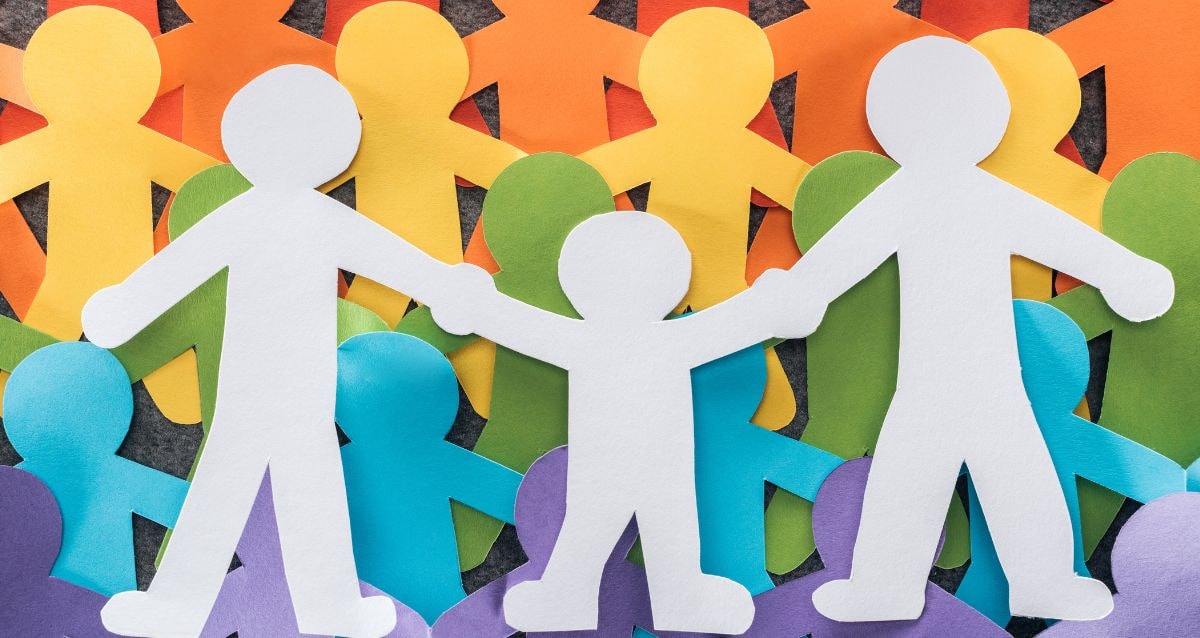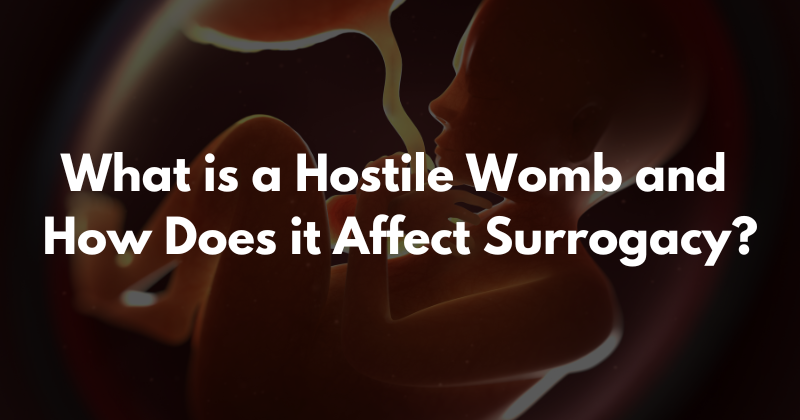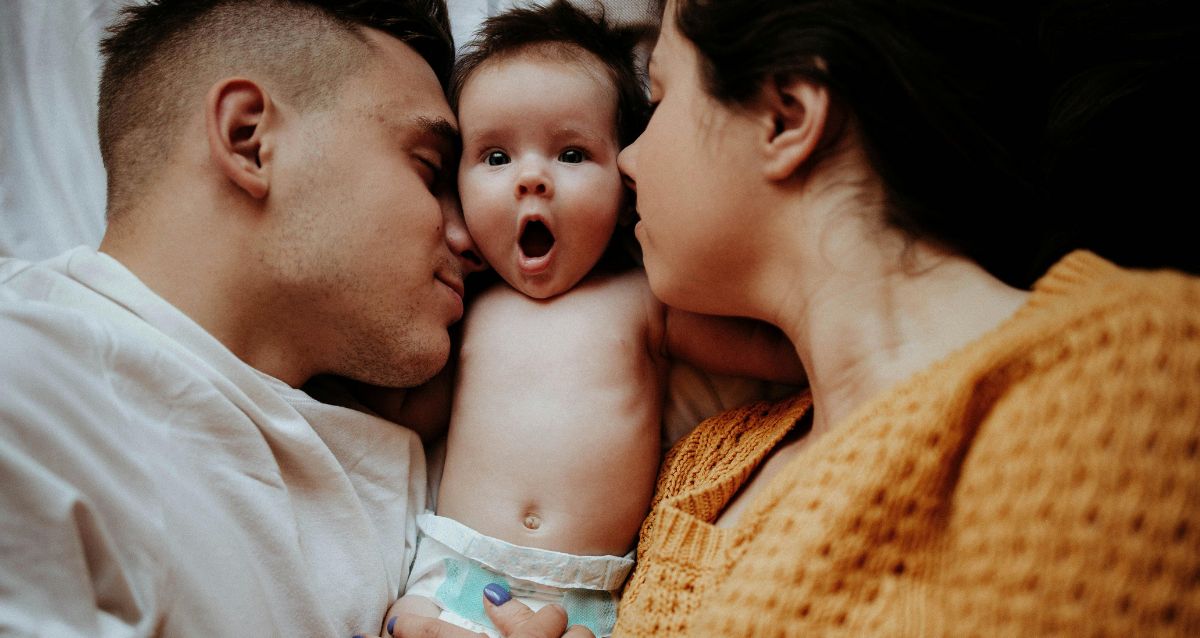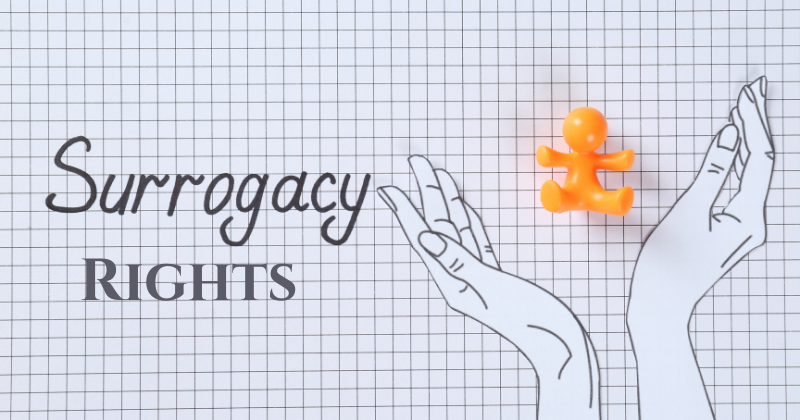This blog was first published in May 2021 and has been updated in October 2025.
Can you be a surrogate after a C-section? Yes, you absolutely can. Many women who delivered their own babies through cesarean birth go on to help others experience the joy of parenthood. The longer answer depends on your health history, how many C-sections you’ve had, and whether your body feels ready for another pregnancy.
At Creative Love, we believe your surrogacy journey matters, your story matters, and your heart for helping others matters most of all.
Key Takeaways
- Having a C-section does not automatically disqualify women from becoming gestational surrogates.
- ASRM guidelines recommend no more than five total deliveries and no more than three by cesarean.
- The surrogate screening process reviews previous pregnancies, medical conditions, and overall health.
- Legal contracts and medical protocols protect both intended parents and gestational carriers.
- With proper support, women with C-sections can have a safe and successful surrogacy journey.
Can I Be a Surrogate if I Had C-Sections?
Let’s start with a big sigh of relief.
Having a C-section in your past does not automatically close the door on your dream of becoming a surrogate.
Many of our amazing surrogates delivered their own children by cesarean before stepping into this beautiful role.
C-sections are common in the United States, with about one in three births happening this way. [Source]
What doctors and surrogacy agencies like ours care most about is how well you healed, how your uterus looks now, and whether your medical history supports a safe and healthy pregnancy for both you and the developing baby.
So yes, you can be a surrogate after a C-section, as long as your body gives the green light.
How Many C-Sections Is Too Many for Surrogacy?
Here’s where things get more personal.
One cesarean often presents no problem. Two may also be acceptable. Three or more and doctors and clinics pause and take a careful look.
The American Society for Reproductive Medicine (ASRM) guidelines suggest that a surrogate should not have more than five total births, with no more than three by cesarean section. [Source]
Repeated surgeries create scar tissue, and scar tissue brings health risks that could affect your ability to carry safely.
Every woman’s body tells its own story.
Some recover beautifully after two or three C-sections, while others may face complications sooner.
The surrogate medical screening process always treats each case on a case-by-case basis because you are more than a number.
You are a whole person with a unique journey.
What Are the Medical Risks of Multiple C-Sections?
Honesty matters here.
One or two cesarean births usually will not hold you back from becoming a surrogate.
After multiple C-sections, doctors start looking closely at possible risks.
These risks can include:
- Extra scar tissue that makes an embryo transfer more difficult
- Higher chance of preterm labor or premature birth
- Possibility of low birth weight for the baby
- Rare but serious concerns like uterine rupture
- Health issues linked to repeat surgeries, such as infection or heavy bleeding
Doctors also monitor for gestational diabetes, high blood pressure, or other pregnancy complications that could affect both the surrogate and the child.
The goal of the surrogate testing is never to exclude you.
It is to protect your health and make sure the surrogacy brings joy, not unnecessary risk.
At Creative Love, we always put your well-being first because a safe and successful surrogacy journey depends on caring for both your body and your heart.
What Are the Requirements to Be a Surrogate?
Beyond your C-section history, you will need to meet other surrogate requirements to move forward.
Think of these as the foundation for a safe and supported journey:
- Age between 21 and 40
- At least one successful pregnancy carried to term.
- No history of major pregnancy complications such as severe preeclampsia, uncontrolled gestational diabetes, or repeated preterm labor
- A body mass index within a healthy range
- A drug-free and tobacco-free lifestyle
- A stable, supportive home for your emotional health
- Willingness to take part in a psychological evaluation and counseling
The surrogate medical screening process covers your medical records, a physical exam, blood testing, a pap smear, and a full review of your vital signs and overall reproductive health.
Doctors also check for infectious diseases, past surgeries, and anything that could raise concerns about your next pregnancy.
This screening does not just protect the intended parents. It protects you, your future health, and your peace of mind. Let’s take a deeper look at this.
The Surrogate Screening Process
This part feels more like a wellness check-up than a test.
The surrogate screening process makes sure you feel strong enough physically and emotionally to carry for someone else.
Here is what usually happens:
- Medical history review, including past pregnancies, how you delivered, and any complications.
- Physical exam, checking your overall health and vital signs.
- Blood testing, looking at hormone levels, blood type, and ruling out infectious diseases.
- Psychological screenings ensuring mental health feels supported.
- Drug screening confirms a safe drug drug-free environment for the baby.
- Medical protocols preparing for IVF medications and the embryo transfer.
Every step exists to create confidence for you, for the intended family, and for the care team cheering you on.
How Do You Become a Surrogate with Creative Love?
When women come to us asking, “Can you be a surrogate after a C-section?” we always answer with compassion first.
Then we walk them through these steps:
Application and consultation
Share your story, document your previous pregnancies and C section details, and provide other important background information.
Surrogate screening process
Doctors and counselors review your medical history, overall health, and emotional readiness to make sure you feel supported and prepared.
Matching with intended parents
Once cleared, you, as the surrogate are introduced to intended parents and have the chance to connect with them to see if their dreams align with your heart.
Legal agreements
Clear and protective legal surrogacy contracts are created to safeguard everyone involved and ensure a smooth surrogacy journey.
Embryo transfer
Specialists at our trusted fertility clinics guide you through this step with care and expertise.
Ongoing support
After a successful transfer, you receive counseling, encouragement, and a community that celebrates each milestone with you.
At Creative Love, you are never just another surrogate. You are part of our family.
We know this journey asks a lot of you physically, emotionally, and spiritually, so we wrap you in support from start to finish.
Final Thoughts
So, can you be a surrogate after a C-section? Yes, many women do, and they go on to create life-changing stories for themselves and the families they help. With the right surrogate medical screening, guidance from trusted fertility clinics, and a loving team behind you, your next chapter could be a truly successful surrogacy experience.
At Creative Love Egg Donation and Surrogacy Agency, we believe in celebrating women like you who open their hearts to help others. If you feel ready, we will walk this road with you step by step, hand in hand. Apply now to become a surrogate and start your journey with Creative Love.
Frequently Asked Questions
Can intended parents work with a surrogate who has had previous pregnancies delivered by C section?
Yes. Many intended parents are open to working with surrogates who have had cesarean births in the past. What matters most is that your previous pregnancies were healthy and that your uterus healed well enough to carry another baby safely.
Does the surrogacy process change if I had a C section compared to vaginal births?
The surrogacy process remains much the same whether you had vaginal births or a C section. The difference comes during the medical review. Fertility clinics will carefully examine your medical history to confirm that your uterus is strong enough for gestational surrogacy and future pregnancies.
How many total deliveries or previous surgeries can I have and still qualify as a surrogate
According to ASRM guidelines, potential surrogates should not have more than five total deliveries, with no more than three by cesarean section. Other previous surgeries, such as a tubal ligation, usually do not automatically disqualify you, but the final decision depends on the medical screening.
What do clinics require from gestational surrogates during screening?
Clinics require complete medical records, details about your previous pregnancies, and information about any medical conditions. They also ask for blood work, a pap smear, and psychological evaluations. This helps ensure both your health and the safety of the surrogate pregnancy.
Do legal contracts protect both gestational carriers and intended parents?
Yes. Legal contracts are an essential part of the surrogacy process. These agreements protect gestational carriers, intended parents, and the future child by clearly outlining responsibilities, expectations, and rights for everyone involved.
Wendy Arker entered the field of infertility with a huge heart and passion to guild others on their quest to grow their own family after her personal journey with infertility and turning to egg donation and sperm donation to create her own family. Being a single-mother-by-choice, Wendy understands firsthand the unique way families are built. Whether you’re a married couple, single, or LBGTQ, Creative Love is committed to assisting you.

